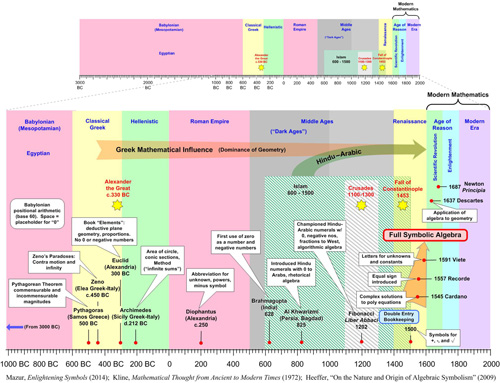 The Columbus story shows the intervention of chance in history at its most capricious. The following tale has its own logic, but the confluence of serendipitous events makes it marvelous and uplifting, especially in our current dark times. It was first brought to my attention by my father back in the early 1960s at the height of America’s role as wheat breadbasket of the world. America, and especially Kansas, was supplying essential wheat to the recently independent country of India and to the Soviet Union, whose long struggle with collective farming (and other factors), especially in the Ukraine, had led to its dependency on imports.
The Columbus story shows the intervention of chance in history at its most capricious. The following tale has its own logic, but the confluence of serendipitous events makes it marvelous and uplifting, especially in our current dark times. It was first brought to my attention by my father back in the early 1960s at the height of America’s role as wheat breadbasket of the world. America, and especially Kansas, was supplying essential wheat to the recently independent country of India and to the Soviet Union, whose long struggle with collective farming (and other factors), especially in the Ukraine, had led to its dependency on imports.
I will not try to narrate the story O’Henry-like with a surprise ending, but announce the amazing coincidence from the start—America was supplying the USSR its own wheat! The Kansas wheat was derived from a special hardy winter variety called Turkey Red that had originated in the Ukraine and was brought to America by Mennonites. So the story is how this all came about. See Turkey Red.
(Update 2/24/2022) Russian Invasion of Ukraine
More ironic coincidences. Who would have thought a story about wheat from a distant land over one hundred years ago would become timely in the 21st century. But terms like Catherine the Great’s “New Russia” are being uttered by a modern despot Vladimir Putin and port cities like Mariupol are again in the news. All attention has been on focused on the effect of Putin’s folly on oil and gas, but I have been wondering about its consequences for the wheat. And sure enough, such concerns are finally in the news.
See the Russian Invasion.
(Update 2/28/2022) Russia May Weaponize Food Supply Chain
Politico has a more expansive article on the implications of the grain production in Ukraine by Ian Ralby et al., “Why the U.S. Needs to Act Fast to Prevent Russia from Weaponizing Food Supply Chains”. For example, the article asserts, “Amid the chaos of this conflict and the threat to Ukrainian lives and independence, one critical implication has been grossly underexamined: how Russia could rely on China’s support to weaponize global food supply chains.” Though Russia’s gas and oil production has garnered the most attention, “Russia’s control of Ukrainian grain shipments will likely have far greater consequences. After just one day of the invasion, Russia effectively controlled nearly a third of the world’s wheat exports, three quarters of the world’s sunflower oil exports, and substantial amounts of barley, soy and other grain supply chains.” The article examines in detail the implications of this control.
See Russia and Food Supply Chain.
 As I am sure is common with most mathematicians, I had become interested in the history of the development of mathematical symbols, first for numbers (numerals) and then for algebra (symbolic algebra). Joseph Mazur’s book Enlightening Symbols provided an excellent history of this evolution. His focus on the development and significance of symbolic algebra in the Renaissance was especially illuminating. I also augmented Mazur’s information with details from Albrecht Heeffer’s work.
As I am sure is common with most mathematicians, I had become interested in the history of the development of mathematical symbols, first for numbers (numerals) and then for algebra (symbolic algebra). Joseph Mazur’s book Enlightening Symbols provided an excellent history of this evolution. His focus on the development and significance of symbolic algebra in the Renaissance was especially illuminating. I also augmented Mazur’s information with details from Albrecht Heeffer’s work.
 In my post, “
In my post, “ The
The 
 One of the all-time examples of chance intervening in history is Christopher Columbus’s putative discovery of America. Moreover, the legend of this discovery is filled with erroneous information that was traditionally foisted upon unsuspecting elementary school children. One of the most egregious errors was the assertion that Columbus was trying to prove the earth was round and not flat. I had a picture book when I was young that showed sailors tumbling off the edge of a flat earth.
One of the all-time examples of chance intervening in history is Christopher Columbus’s putative discovery of America. Moreover, the legend of this discovery is filled with erroneous information that was traditionally foisted upon unsuspecting elementary school children. One of the most egregious errors was the assertion that Columbus was trying to prove the earth was round and not flat. I had a picture book when I was young that showed sailors tumbling off the edge of a flat earth. This essay introduces a topic I have been thinking about for a number of years. It also may allow me to connect the math impulse to a wider range of thoughts than just those based on math or even science.
This essay introduces a topic I have been thinking about for a number of years. It also may allow me to connect the math impulse to a wider range of thoughts than just those based on math or even science.